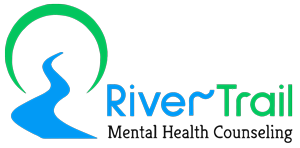Family Relationships
Family Relationships
Key aspects of family relationships
Communication
Boundaries: Establishing and maintaining healthy boundaries is important in family relationships. Counselors assist families in defining boundaries and teaching appropriate ways to respect each other's personal space, autonomy, and privacy. Clear boundaries can help prevent enmeshment or detachment issues within the family.
Conflict Resolution: Conflicts are a natural part of family life, but unresolved conflicts can strain relationships. Counselors help families develop conflict resolution skills, such as negotiation, compromise, and problem-solving techniques. By learning constructive ways to manage conflicts, families can maintain healthier relationships and prevent long-term damage.
Roles and Dynamics:
Family systems often have established roles and dynamics that influence interactions. Counselors explore these roles and dynamics to identify any dysfunctional patterns or power imbalances within the family. By understanding and addressing these dynamics, counselors can help families create healthier and more balanced relationships.
Attachment and Bonding:
The quality of attachment and bonding within a family significantly impacts individual well-being. Counselors assist families in strengthening emotional bonds and building secure attachments. This may involve activities to enhance emotional connection, empathy-building exercises, and promoting positive interactions between family members.
Support and Empathy:
Families should provide a supportive and empathetic environment for their members. Counselors help families develop empathy and compassion for one another, creating a space where individuals feel understood and validated. This support can enhance resilience and overall family functioning.
Cultural and Individual Differences:
Counselors recognize that every family is unique, with its own cultural, social, and individual differences. They promote cultural sensitivity and respect for diversity within the family system. Understanding and honoring these differences can contribute to healthier family relationships and foster a sense of inclusiveness.
Family Transitions and Challenges:
Families often face transitions and challenges such as divorce, remarriage, loss, or relocation, which can strain relationships. Counselors provide support during these transitions, helping families adapt to change and navigate the associated emotional and relational complexities..

More productivity Less burn out...

